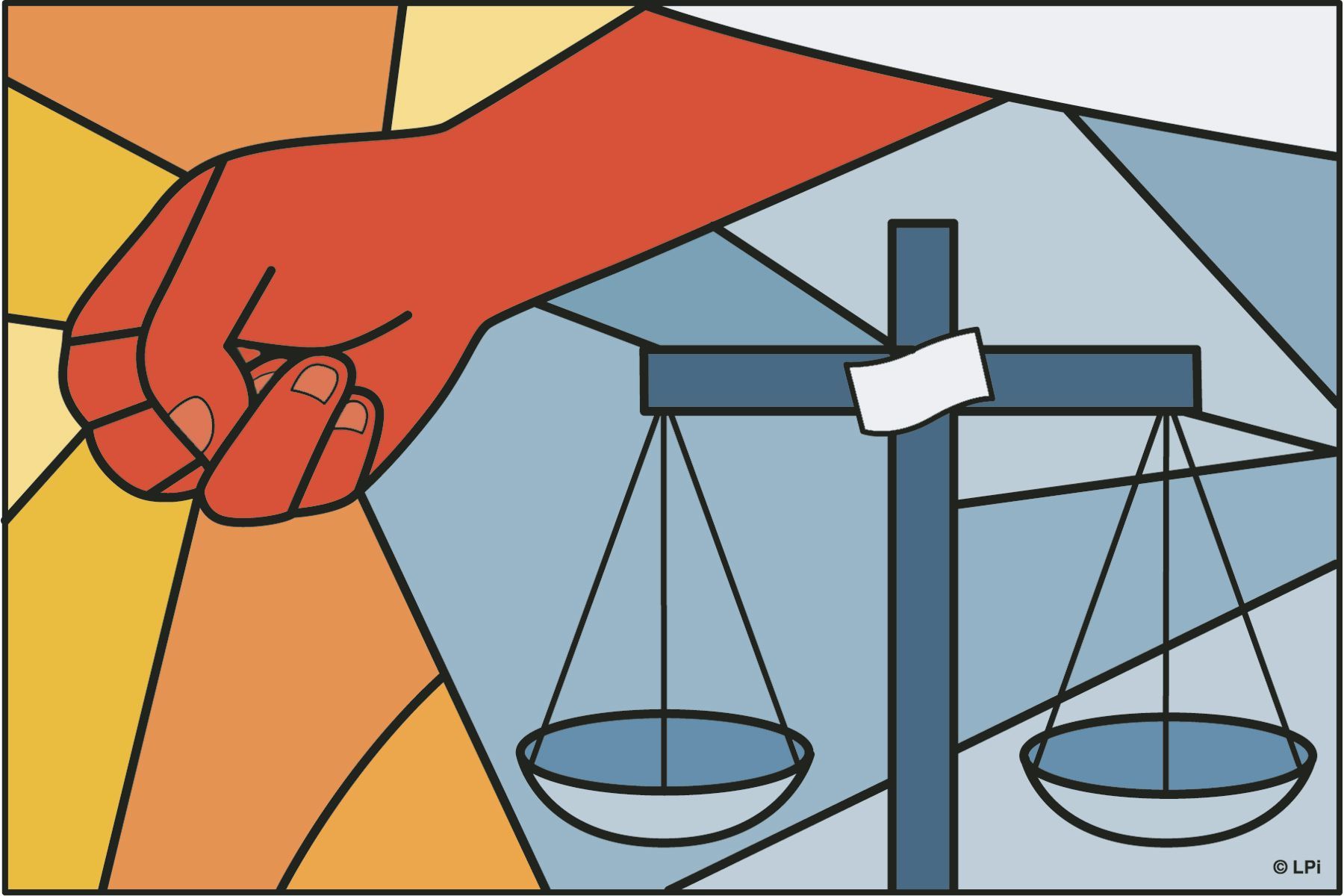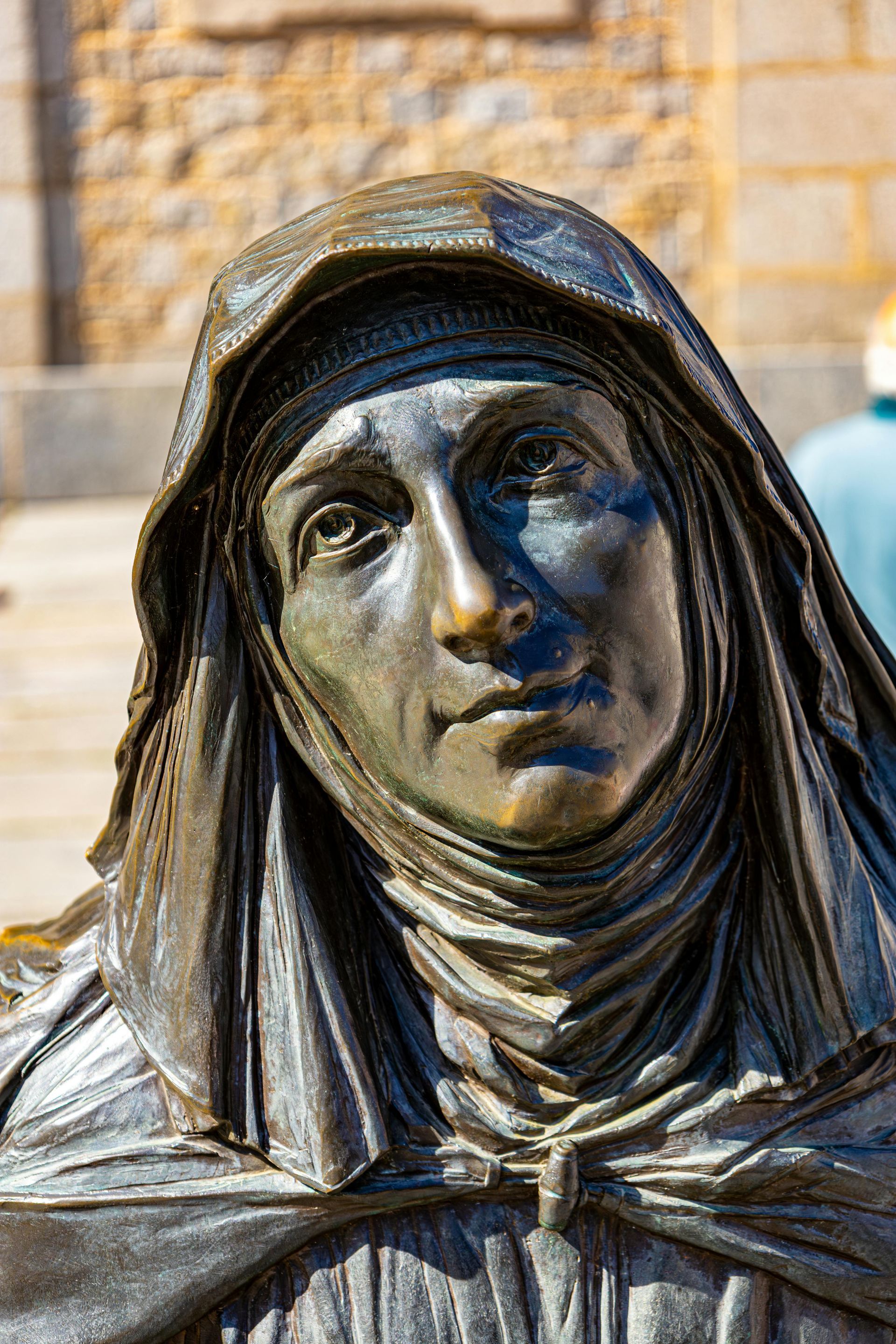June 9, 2024, 10th Sunday in Ordinary Time
10 th Sunday in Ordinary Time
For we know that if our earthly dwelling, a tent,
should be destroyed,
we have a building from God,
a dwelling not made with hands, eternal in heaven.
The words of St Paul to the community at Corinth spoke to me this week. St. Paul is speaking about the shortness of life. He reminds us that our faith tells us is true, that our God takes care of us when we die.
Maybe it is an occupational hazard, but I have been thinking about the brevity of life recently.
I attended my annual retreat last month. I returned to the National Shrine of St. Anne where I have attended a retreat the past three years. The first time I was pastor of St Paul’s in Hancock I made a connection with Fr. Francis Landry at the shrine. He is a Passionist, a community that meditates daily on the passion and death of Jesus. They take care of the shrine in Scranton. I have known Fr. Fran since 2010, it was hard to see him struggling with the effects of Parkinson’s disease. I received a letter last week from the provincial informing me Fran had fallen and is now in residence at the provincial house in Jamacia Queens. I fear this was my last retreat at the shrine.
2 weeks ago, the final episode of Young Sheldon was broadcast. In the second to last episode, Sheldon’s dad suffered a fatal heart attack. In the final episode, we found Sheldon reenacting the last time he saw his dad. In his imagination, he thought about what he should have said or done differently. I recalled my last moments with my dad and how life can change in a moment.
Last week I offered Last Rites to three people. Those who have practiced their faith over the years seemed more ready to trust in God and go on to “the dwelling not made with hands, eternal in heaven.”
There is an old credo that encourages us to “Live One Day at a Time”. This is easier said than done, but the truth of the matter is that all God gives us is this day this moment. We can make plans, but God is the one in charge. We live like the Israelites in a tent. This tent can be destroyed at any time. We leave it behind and go forward to a new dwelling. We are invited to trust our God today and into the future.
Every night St Ignatius recommends one take a daily Examen. One reviews the day and considers what one did well, did not do well, and gives thanks for the day that has been and offers a prayer for the day to come.
The examen helps in living one day at a time. When looking back over the day I discover many people, events and things to be thankful for. Each time I pray the examen it brings me back to living one day at a time. When told by a follower that he was too busy to pray St. Ignatius told him, “Never forget to pray the daily examen.”.
We are living under a tent, none of us knows when the tent will be folded up, but our faith tells us that we will be given” a dwelling not made by human hands, eternal in heaven.”






